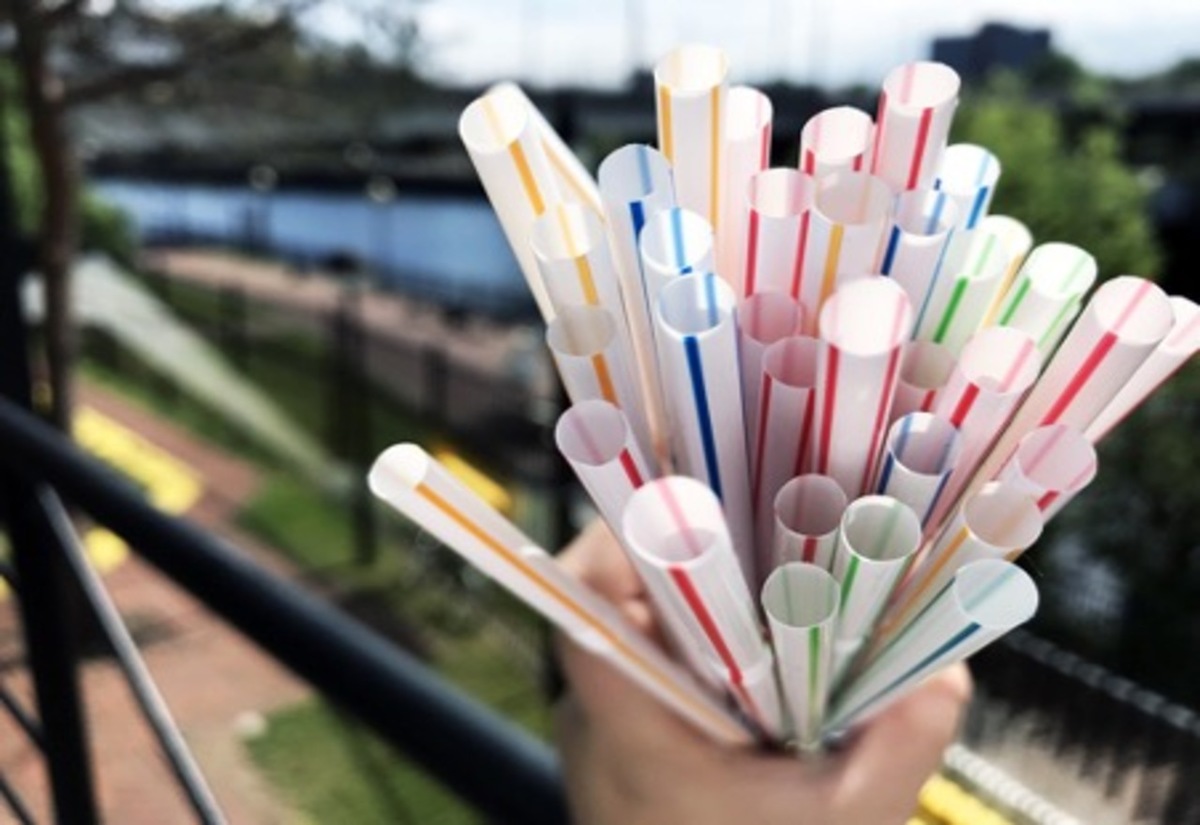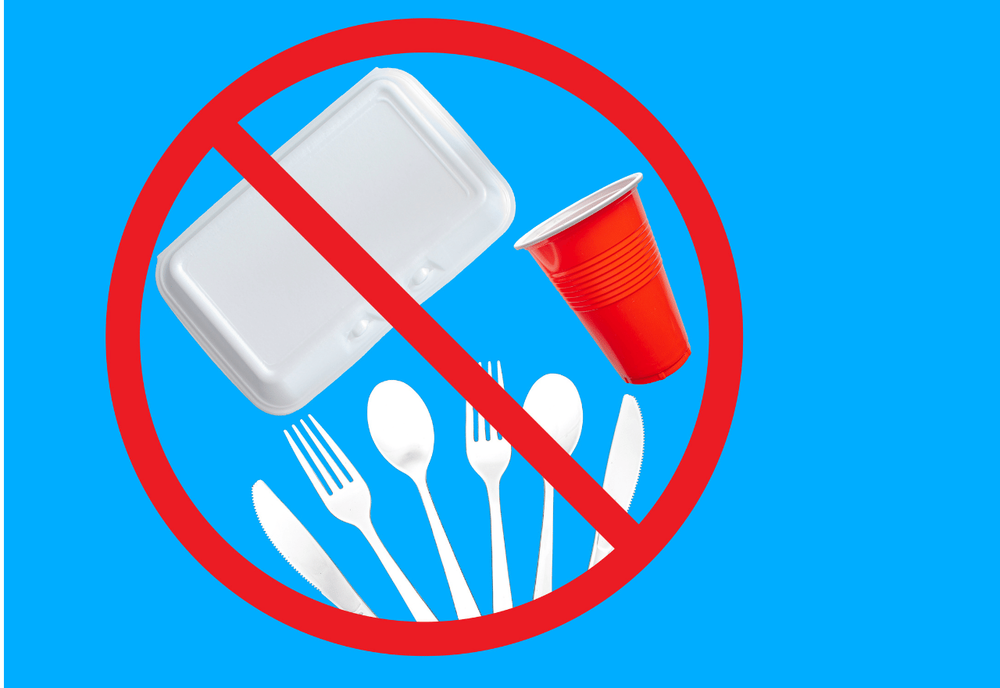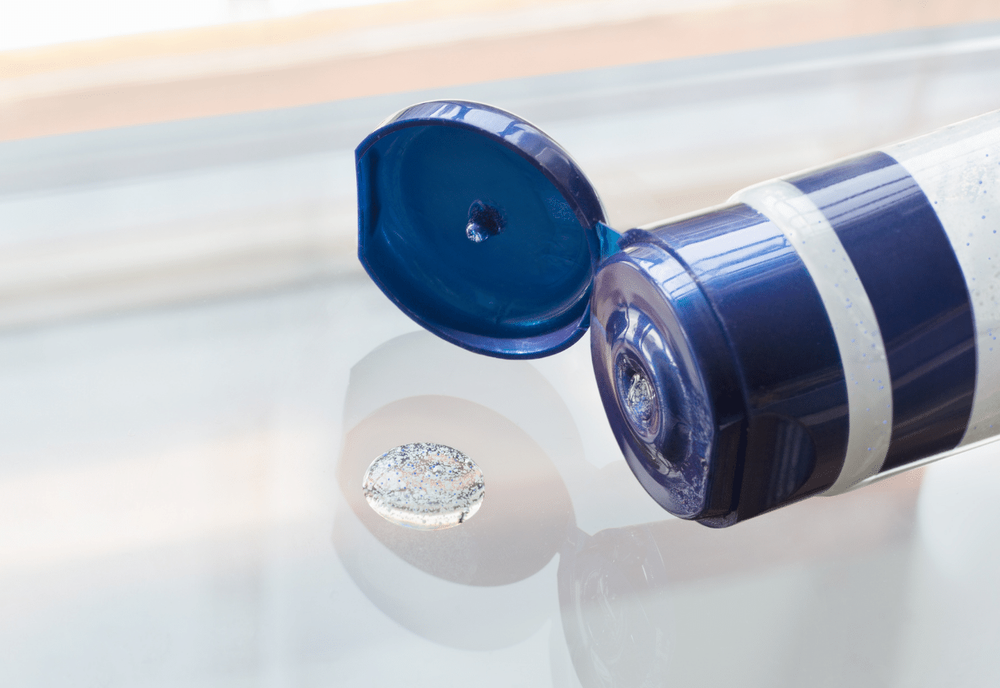Banned not binned - Single-use plastics to be phased out in NSW from mid 2022
Laura Williams
20 November 2021, 8:10 PM
 The state government will support businesses in phasing out single-use plastics when they are banned from next year.
The state government will support businesses in phasing out single-use plastics when they are banned from next year. Banning flimsy plastic shopping bags was just the beginning.
Legislation was passed in NSW Parliament this week that will phase out selected single-use plastics from June 2022.
The Plastics and Circular Economy Act 2021 will ban various single-use bags from June 1 next year, regardless of whether they are biodegradable, compostable, or bio-plastics.
Barrier bags such as bin liners, produce and deli bags and bags used to contain medical items will be exempt but your takeaway meals will get a make-over.
From November 1 next year, further products will be added to the banned list including single-use plastic straws, stirrers, and cutlery.

*Big changes are ahead for the fast food industry as they are forced to adapt to the ban on single-use plastic items.
The law will likely have the biggest impact on the hospitality industry and takeaway economy, with single-use plastic bowls and plates, as well as polystyrene food service items making the chopping block in November.
The state Government announced with the passing of the legislation that they will be supporting businesses in the transition away from the products before the law comes into effect.
Treasurer and Energy and Environment Minister Matt Kean said the NSW Government is spending $356 million over the next five years to deliver the NSW Plastics Action Plan and the NSW Waste and Sustainable Materials Strategy 2041.
“This legislation is expected to stop 2.7 billion single-use items from ending up in our natural environment and waterways over the next 20 years and is a game-changer in the fight against plastic waste across our state,” Mr Kean said.

*Microbeads used in personal care products are also set to disappear.
The law will include measures to eliminate products containing plastic microbeads: plastic particles that do not degrade or dissolve in water, forming a toxic debris in rivers and on ocean floors.
The microplastics are commonly found in rinse-off personal care products, including body cleansers, exfoliants, shampoo, conditioner, and cotton buds. The microbead ingredients that usually feature in these products are polyethylene and polypropylene.
In a 2020 assessment of Australian stores and supermarkets found that 99.3 per cent of rinse-off personal care, cosmetic and cleaning products available in Australia were microbead-free.
As a result, the change may not be so obvious to the consumer, although some products may change or disappear from the shelf altogether in the lead up to November next year.
A number of exemptions apply to the ban for various reasons, including food safety and allowances made for people with a disability.
Similar legislation has been discussed in states across Australia, with most states having bans in place already or a date for the ban in the future. Tasmania and the Northern Territory are the last remaining states to take more significant action.
The new ban to be introduced next year is the next step in the NSW Plastics Action Plan being overseen by the NSW Department of Planning, Industry & Environment.
The Plan aims to address the 800,000 tonnes of plastic generated in NSW each year, with only 10 per cent being recycled.